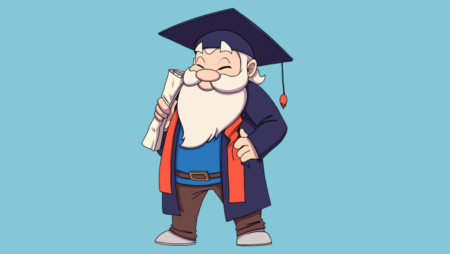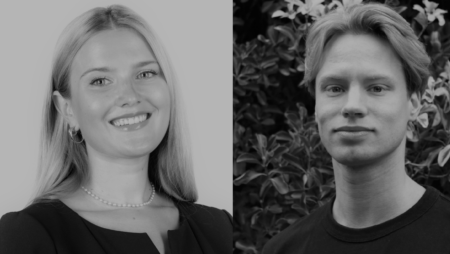
This programme addresses the assumptions that the overall mental well-being of young people is undergoing a pronounced period of decline and that digital technologies might be driving this trend.

Niklas was a postdoctoral researcher in the Adolescent Well-Being in the Digital Age programme. In his work he studied the effects of digital technology on well-being and performance using experiments, experience sampling, and large-scale data sets.
He obtained his PhD in Behavioural Science from the Behavioural Science Institute at Radboud University Nijmegen in the Netherlands. Here, he studied a similar topic, investigating whether and how permanent connectedness through smartphones affects cognitive control and well-being. He also studied the motivation behind smartphone use and tested behavioural trainings to reduce the appeal of smartphone apps.
Before his PhD, he obtained a MSc in Communication Science from the University of Amsterdam and a BA in Media and Communication and German Literature from the University of Mannheim.
Technology, Well-Being, Performance, Meta-Science, Open Science

This programme addresses the assumptions that the overall mental well-being of young people is undergoing a pronounced period of decline and that digital technologies might be driving this trend.
I conduct my research in line with the University's academic integrity code of practice.

27 July 2022
New Oxford study published in the journal Royal Society Open Science finds time spent playing video games is unlikely to impact well-being.

12 July 2022
OII researchers are collaborating with game developer FuturLab to study the effects of playing video games on the mental health of players.

11 February 2022
We are delighted to announce the winners of the 2021 OII MSc Thesis Prizes. Two prizes were awarded for the best theses from the MSc in Social Data Science and the MSc in Social Science of the Internet, plus four ‘Highly Commended' awards.

6 January 2022
Consuming traditional forms of media has little effect on short-term adult well-being, according to a new study by researchers from the University of Oxford, University of Vienna and Nesta.

MIT Technology Review, 20 August 2022
Researchers have pinpointed the data might help to provide more clues about whether or not gaming is bad for our mental health.

Times Radio, 27 July 2022
Associate Professor, Senior Research Fellow, Dr Andrew Przybylski, speaks to Times Radio Breakfast Show presenters Aasmah Mir and Stig Abell about his latest research into video games and wellbeing. (interview at interview at 01:46:21-01:51:23)

Euronews, 27 July 2022
Time spent playing video games is unlikely to have an impact on well-being, according to a new study from the University of Oxford.
